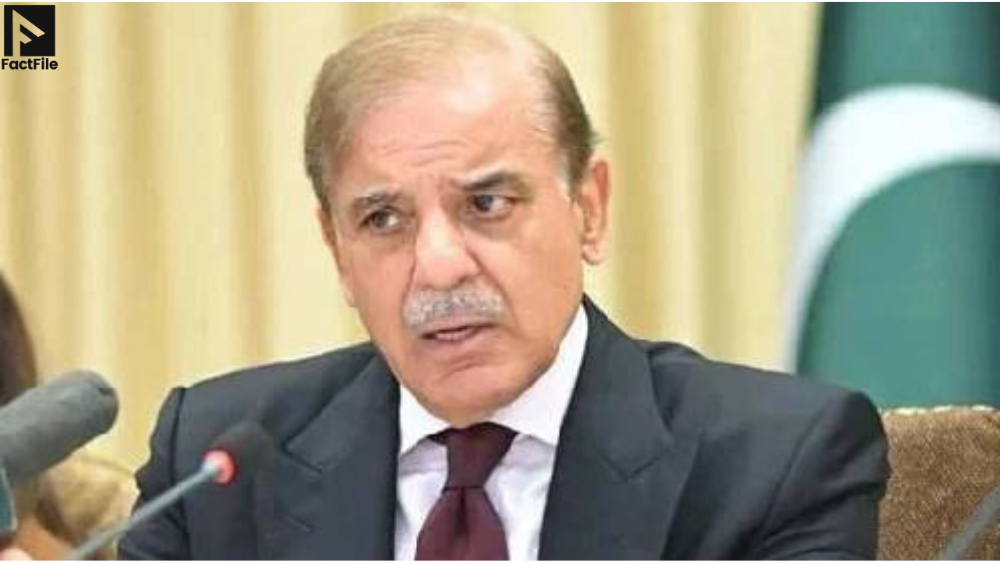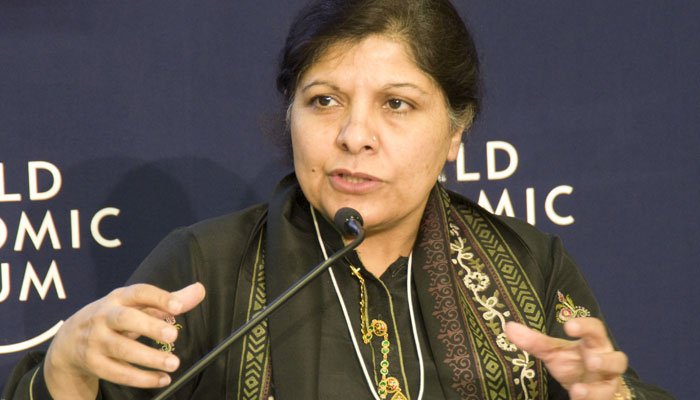Islamabad – Prime Minister Shehbaz Sharif has launched a high-level committee to propose reforms for the deregulation, restructuring, and possible privatization of Pakistan’s sugar sector. The move aims to address long-standing challenges in sugar pricing, hoarding, and policy inefficiencies.
The Minister for Energy will chair the committee, while the Secretary of Industries and Production will act as convener. Key members include the Finance Minister, Minister for National Food Security, and Minister for Economic Affairs. Their combined efforts will guide strategic decisions.
Moreover, the panel includes the Special Assistant to the Prime Minister on Industries, former Secretary Rana Naseem, and Ahmed Umar, who serves as the Prime Minister’s Coordinator for Agriculture and Food Security. In addition, representatives from federal ministries and all provinces will participate to ensure balanced input.
The committee’s main task is to review sugar-related laws, policies, and regulations. It will examine rules governing sugar production, trade, pricing, subsidies, and anti-hoarding enforcement. As a result, it seeks to replace outdated controls with efficient, transparent systems.
To ensure fairness, the committee will focus on multiple areas. These include commodity stock management, accurate price data, farmers’ rights, consumer protection, and domestic market demand. It will also address trade opportunities to boost exports.
Furthermore, the government aims to shift from strict state controls to a market-driven pricing model. This strategy encourages competition, discourages artificial shortages, and stabilizes prices over time.
To make the process inclusive, the committee will consult a wide range of stakeholders. These include sugar mill owners, farmers, exporters, and regulators. Their insights will help craft a reform plan that serves all interest groups.
Prime Minister Shehbaz has directed the committee to submit its final recommendations within 30 days. After submission, the federal cabinet is expected to act swiftly to implement approved proposals.
Read More: Flyadeal to Launch Weekly Flights to Four Pakistani Cities
This initiative comes after years of market instability marked by price spikes and artificial shortages. By engaging multiple ministries and provinces, the government hopes to deliver structural change.
Notably, the reform aligns with broader economic goals. It reflects the government’s intention to create a free, fair, and efficient commodity market. Additionally, it supports international expectations for subsidy reform and market transparency.
The sugar sector remains vital to Pakistan’s economy, especially for rural communities. These reforms could protect farmers’ livelihoods, lower consumer costs, and attract investment in value-added processing and exports.
If implemented effectively, this strategy may finally break the cycle of sugar crises and offer long-term stability to one of the country’s most critical sectors.





